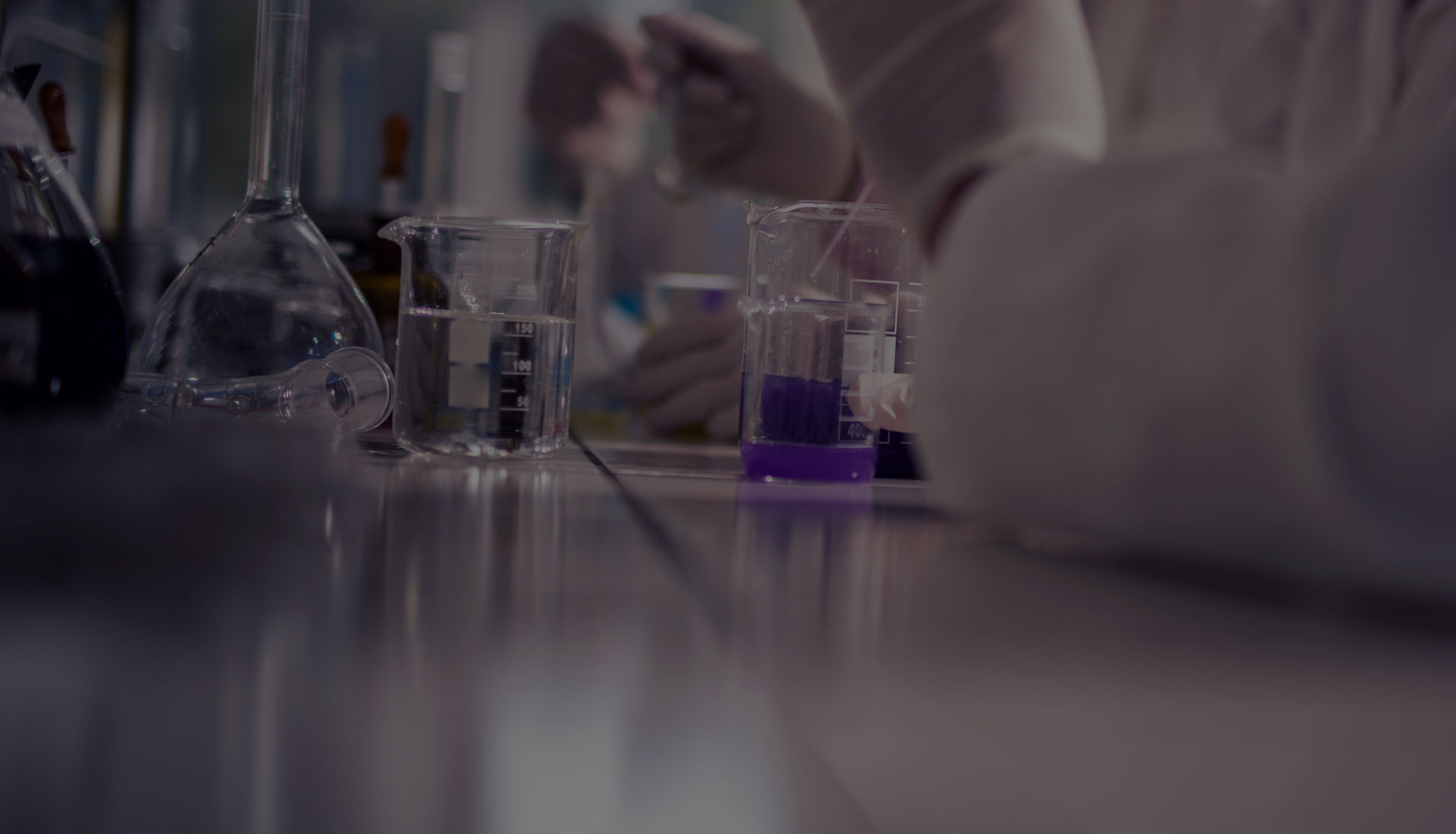
Supervisor Database Search
Search for supervisors below. You can filter your search using the options and select
multiple fields by holding CTRL (Cmd on Mac) + clicking multiple options in a list.
The ICAT Supervisor list is reviewed annually by the partner universities and updated online in March/April each year. You can read the ICAT supervisor policy here.
Full NameProfessor Boris Kholodenko
Systems Biology Ireland
University College Dublin
Webpage:www.ucd.ie
Email Address:Email hidden; Javascript is required.
- genetics, genomics and molecular biology
- cancer/oncology
- Other
Systems biology; systems medicine
- Medicine
- Oncology
- Pharmacology
My lab develops systems biology approaches to solve fundamental problems in biology and biomedicine (Kholodenko, B.N. (2006) Cell-signalling dynamics in time and space, Nat Rev Mol Cell Biol. 7,165-176; Nakakuki et al (2010) Ligand-specific c-Fos expression emerges from the spatiotemporal control of ErbB network dynamics, Cell 141, 884-896).
In my lab, computational modelling and experimental research is fully integrated for designing new diagnostic and personalised therapeutic approaches to cancer, based on a systems-level, mechanistic understanding of cellular signal transduction networks. We demonstrated that personalised models of network dynamics can be used to uncover fundamental, hidden mechanisms of variable treatment responses in individual patients. We have recently shown that kinase inhibitor resistance emerges from kinase dimerization, which is an obligatory step in the physiological and oncogenic activation of numerous kinases (Kholodenko B.N. Cell reports, 2015, 12:1939).
Our work predicted that two inhibitors against the same kinase, while ineffective on their own, can abolish resistance when combined. Understanding network's dynamic regulation by experiments and modelling paves the way to new prognostic and predictive biomarkers and personalized treatments (Fey et al (2015) Signaling pathway models as biomarkers: Patient-specific simulations of JNK activity predict the survival of neuroblastoma patients. Science signaling 8, ra130, doi:10.1126/scisignal.aab0990).
